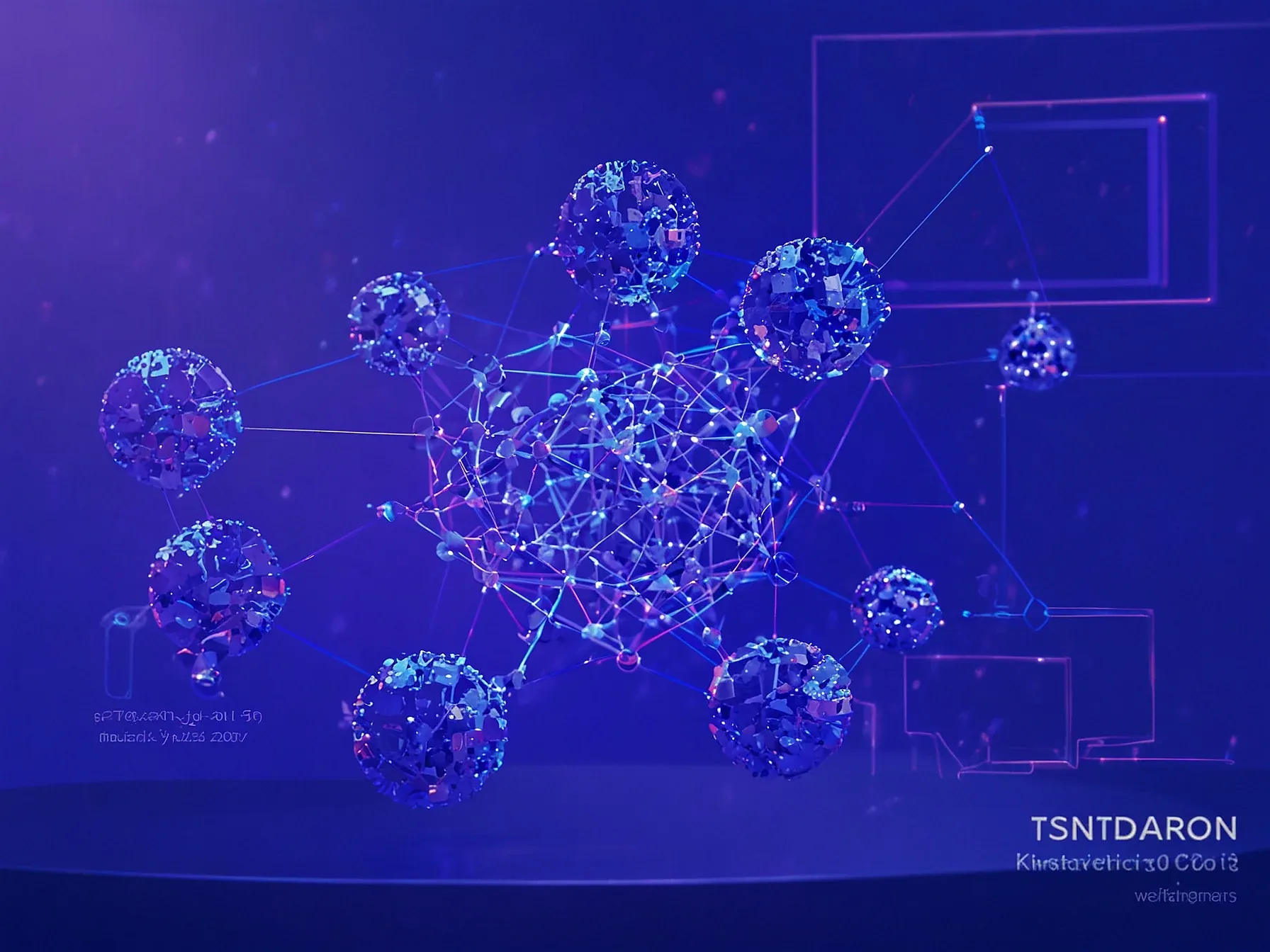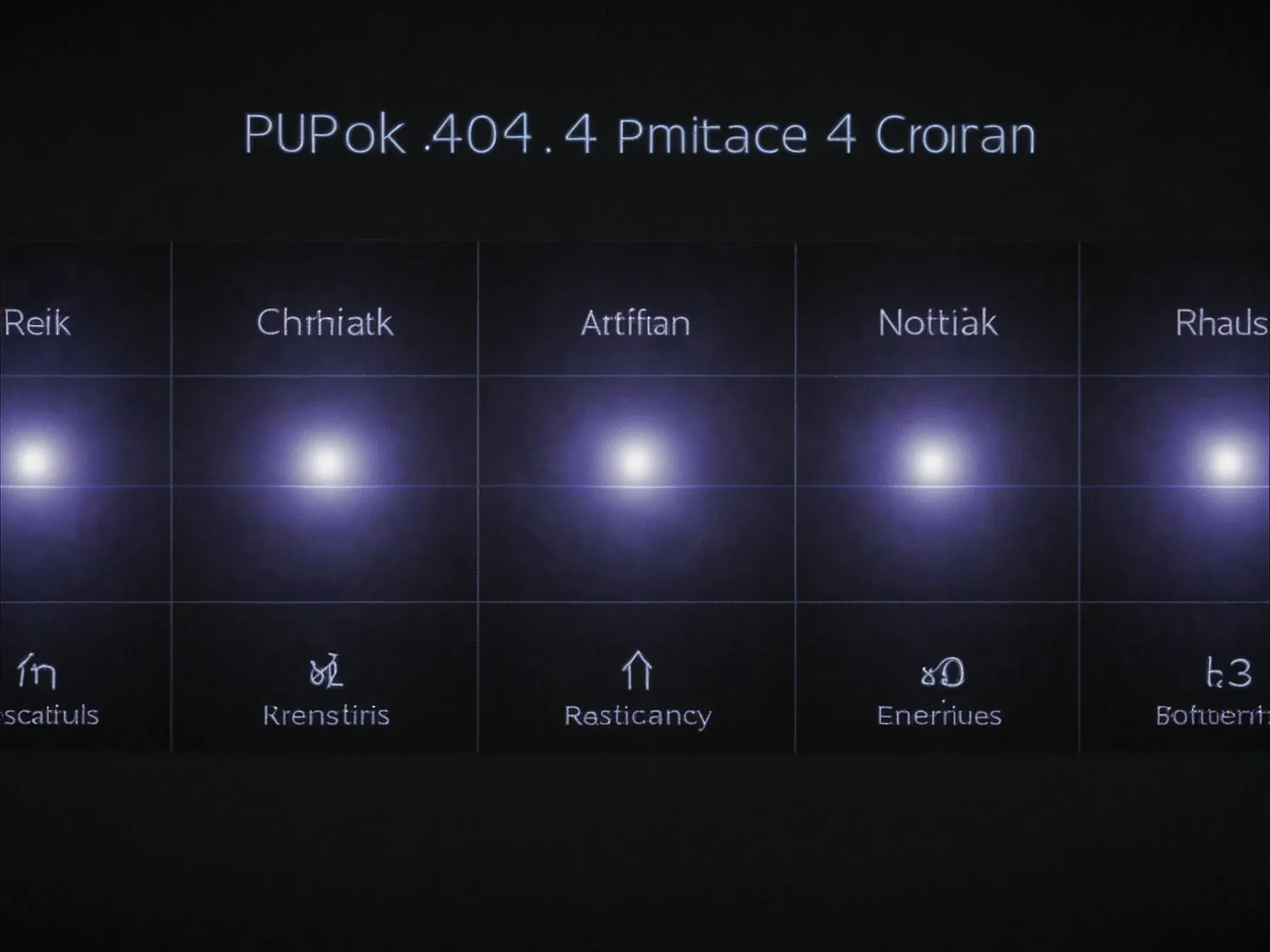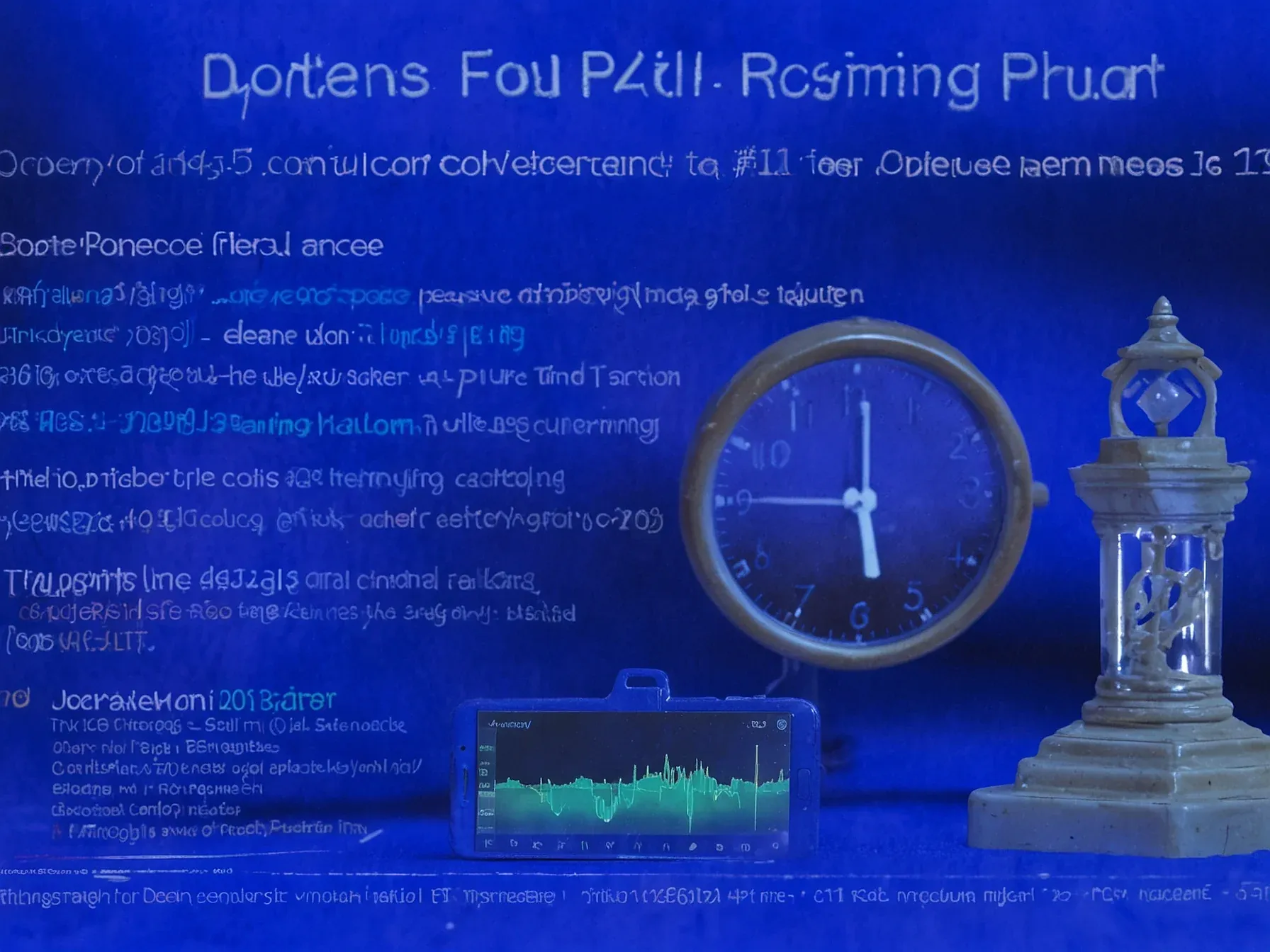
Editorial illustration for OpenAI's GPT-5.1 Upgrade Boosts Speed and Precision for Simple and Complex Tasks
GPT-5.1 Breakthrough: AI Speed and Precision Redefined
GPT-5.1 delivers faster simple tasks and more deliberate complex performance
OpenAI's latest software update promises a significant leap in artificial intelligence performance. The new GPT-5.1 represents more than just an incremental improvement, it's a strategic refinement targeting both speed and precision across different computational challenges.
Developers and AI researchers have long sought a model that can smoothly transition between rapid task completion and nuanced reasoning. The upgrade suggests OpenAI is listening closely to user feedback, creating a more adaptable generative tool.
While previous GPT iterations struggled to balance quick responses with deep analytical capabilities, GPT-5.1 appears to introduce a more sophisticated approach. The update introduces specialized modes that could fundamentally change how professionals interact with large language models.
Early indicators point to meaningful improvements in instruction following and task-specific performance. For technical teams and knowledge workers, this could mean more reliable and efficient AI assistance across complex and straightforward workflows.
The release hints at a more mature AI ecosystem, where versatility and precision are no longer competing priorities. Curious tech observers are watching closely to see how these enhancements might reshape AI's practical applications.
GPT-5.1 is OpenAI's newest upgrade to the GPT family, and it finally feels like the version GPT-5 was meant to be. It's quicker on simple tasks, more deliberate on complex ones, and noticeably better at following instructions. With options like Instant for speed and Thinking for deeper reasoning, users get to decide how the model behaves.
The tone is warmer, the conversations feel more natural, and the model stays on track without drifting. It also makes fewer mistakes thanks to improved context handling, giving it a steadier, more reliable feel overall.
OpenAI's GPT-5.1 looks like a meaningful upgrade that tackles real usability challenges. The model's dual modes, Instant and Thinking, suggest a nuanced approach to AI performance, letting users choose between speed and depth.
Speed improvements matter. But the more intriguing development might be the model's enhanced instruction-following and context management.
Warmer conversations and fewer mistakes could make GPT-5.1 feel more reliable. Its ability to stay focused without drifting represents a notable step forward in conversational AI.
Still, questions remain about how consistently these improvements will play out across different tasks. The "more deliberate" performance on complex tasks sounds promising, but practical testing will reveal the true extent of the upgrade.
For now, GPT-5.1 appears to be a thoughtful refinement rather than a radical leap. Users will likely appreciate the more natural interactions and increased flexibility in how the model operates.
Further Reading
- AI Insights: Key Global Developments in December 2025 - RiskInfo.ai
- GPT 5.1 Overview of Features, Pricing, and Upgrades - UPDF
- GPT-5.1: A smarter, more conversational ChatGPT - OpenAI
- OpenAI releases GPT-5.1-Codex-Max: Introduces context compression mechanism, SWE-bench accuracy improves to 77.9% - AIBase News
Common Questions Answered
What are the two new performance modes introduced in GPT-5.1?
GPT-5.1 introduces two distinct modes: Instant and Thinking. The Instant mode prioritizes rapid task completion, while the Thinking mode enables more nuanced and deliberate reasoning for complex challenges.
How has OpenAI improved context management in the GPT-5.1 upgrade?
The new model demonstrates significantly better context management, staying more focused during conversations and reducing instances of topic drift. This improvement allows GPT-5.1 to maintain a more consistent and coherent dialogue, making interactions feel more natural and reliable.
What key user experience enhancements does GPT-5.1 offer compared to previous versions?
GPT-5.1 offers warmer conversational tones and improved instruction-following capabilities. The upgrade provides users with more control over the model's performance, allowing them to select between speed-focused and depth-oriented interactions while reducing overall error rates.








